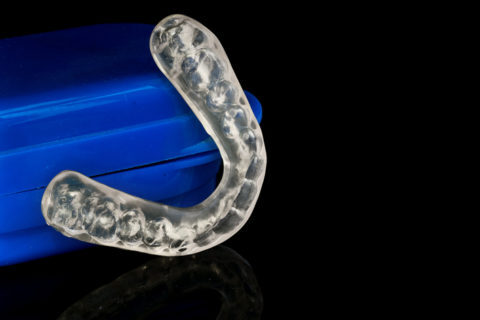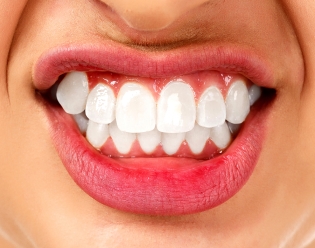What is Bruxism?

Do you ever find yourself grinding your teeth at night? You may not even be aware that you’re doing it, but teeth grinding (or bruxism) is a surprisingly common problem. If you’re one of the millions of people who suffer from bruxism, you know that it can be a real nuisance. Not only does it cause headaches and jaw pain, but it can also damage your teeth.
If you think you may have bruxism, it’s important to see your dentist so they can diagnose the problem and recommend treatment.
What Are the Symptoms of Bruxism?
The most common symptom of bruxism is clenching or grinding your teeth. This can happen during the day or at night. Symptoms include:
- Waking up with a headache or sore jaw
- Earache
- Sensitivity to noise
- Teeth that are worn down, flattened or chipped
- Pain in your teeth or jaw
- Indentations on your tongue from teeth grinding
What Causes Bruxism?
There is no one single cause of bruxism. It may be caused by a combination of physical, psychological, and genetic factors. Some people may grind their teeth because of stress or anxiety, while others may do it because of an abnormal bite or misaligned teeth. Bruxism can also be a side effect of certain medications, such as antidepressants.
Why Should Bruxism Be Treated?
There are many reasons why bruxism should be treated. For one, bruxism can cause serious damage to the teeth. Over time, the constant grinding can wear down the enamel on the teeth, making them more susceptible to decay and infection. Additionally, bruxism can lead to jaw pain and headaches. In some cases, it can even affect a person’s ability to eat or speak properly.
How is Bruxism Treated?
Treatment for bruxism will depend on the severity of the condition and the underlying cause. In some cases, no treatment may be necessary. For example, if bruxism does not cause any pain or damage to your teeth, you may not need any treatment.
If bruxism is mild and causes no pain or damage, your dentist may recommend that you try to reduce stress in your life. This can help to reduce or prevent teeth grinding. You may also be given a mouth guard to wear at night to protect your teeth from grinding.
If bruxism is severe and causing damage to your teeth, you may need more aggressive treatment. This could include having dental crowns or veneers placed on your teeth, or undergoing Botox injections to relax the muscles in your jaw. In some cases, surgery may be necessary to correct the problem.
Bruxism can be a serious condition that can damage your teeth and jaw. Fortunately, there are treatments available that can help relieve the symptoms of bruxism and protect your teeth from further damage.
The Belmont Dental Group offers a variety of bruxism treatments that are tailored to each individual patient’s needs. If you think you may have bruxism, see a dentist at the Belmont Dental Group so he can diagnose the problem and recommend treatment.


